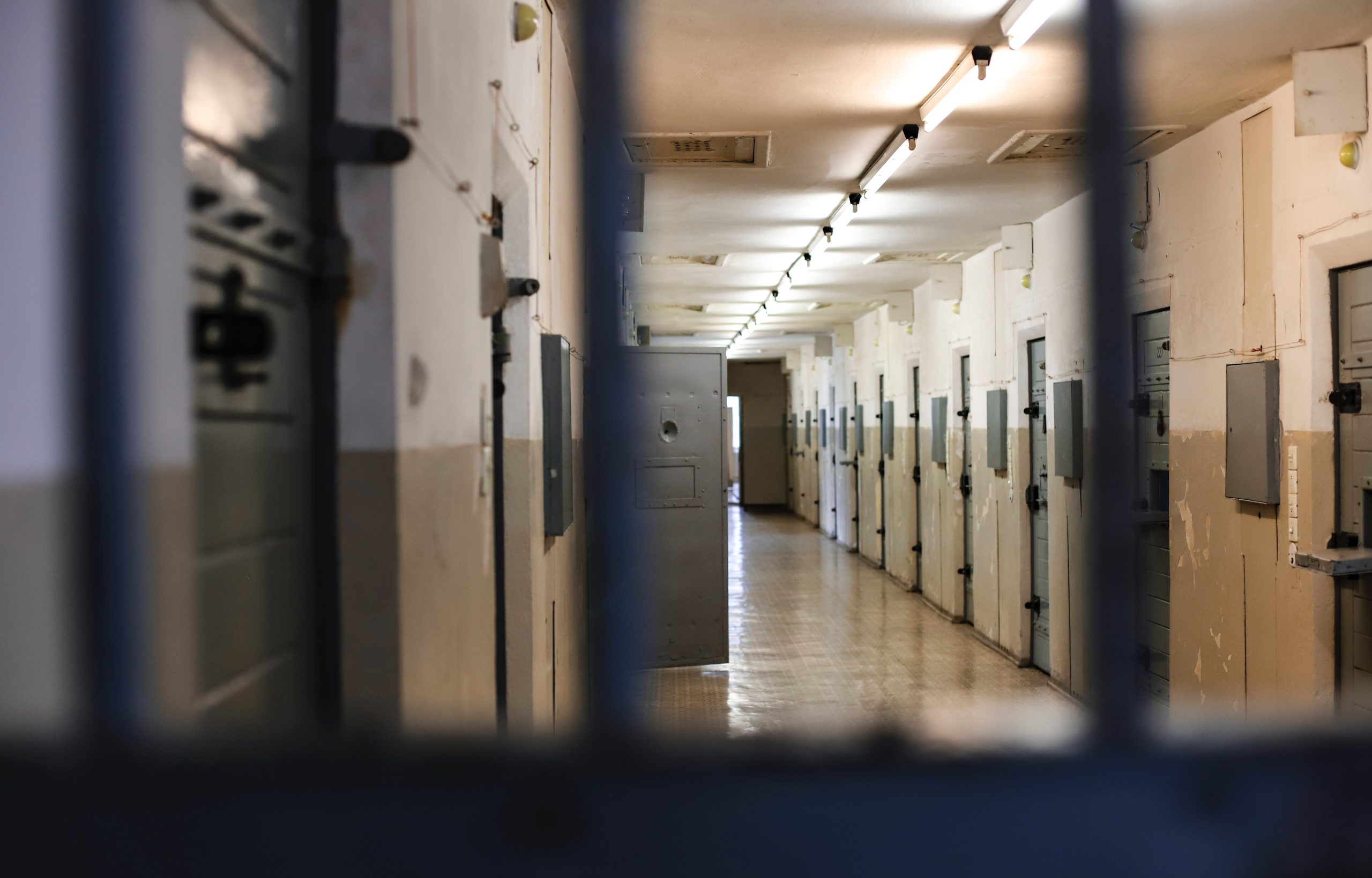
Katie Kerekes, FISM News
[elfsight_social_share_buttons id=”1″]
A Washington state lawmaker is pushing for legislation that would allow prison inmates minimum wage pay for labor performed while incarcerated.
Democratic Rep. Tarra Simmons has pre-filed HB 1024, otherwise referred to as the “Real Labor, Real Wages Act,” for consideration in the upcoming 2023 legislative session, beginning January 9.
Simmons, a felon who was formerly incarcerated on theft and drugs charges, has compared the wages inmates receive in prison to slavery, according to “The Center Square.” She argues that the abolition of slavery by the U.S. Constitution’s 13th amendment excludes incarcerated criminals and allows the states to “exploit” them.
“When I was incarcerated, I was forced to work graveyard shifts for less than $0.42 per hour,” said Simmons in a statement.
If you refused, you would be sent to solitary confinement or threatened with infractions that could lengthen your sentence or restrict your ability to participate in educational or recreational programs. No one should be coerced into providing their labor, and Washington should not profit from involuntary servitude. This bill recognizes the fundamental humanity of incarcerated people and rejects the use of slavery as a punishment.
Now an attorney and co-founder/director of the Civil Survival Project which advocates for formerly incarcerated individuals, Simmons argues that inmates have no financial support upon release, which she believes could lead to recidivism, homelessness, and at times, substance abuse.
She proposes that half of an inmate’s minimum wage earnings be placed into an account that can be accessed only upon future release.
“This bill will end involuntary servitude in Washington State and effectively close the ‘slavery loophole,’” she continued. “Not only will Washington live up to our ideals and rid itself of a relic of slavery, but by creating personal savings accounts and requiring minimum wage, we will be setting those who choose to work up for success once they return to their community.”
The state of Washington’s Department of Corrections currently operates businesses within its 12 prisons through its revenue-generating branch, Washington Correctional Industries, which is reported to generate up to $70 million in sales annually.
